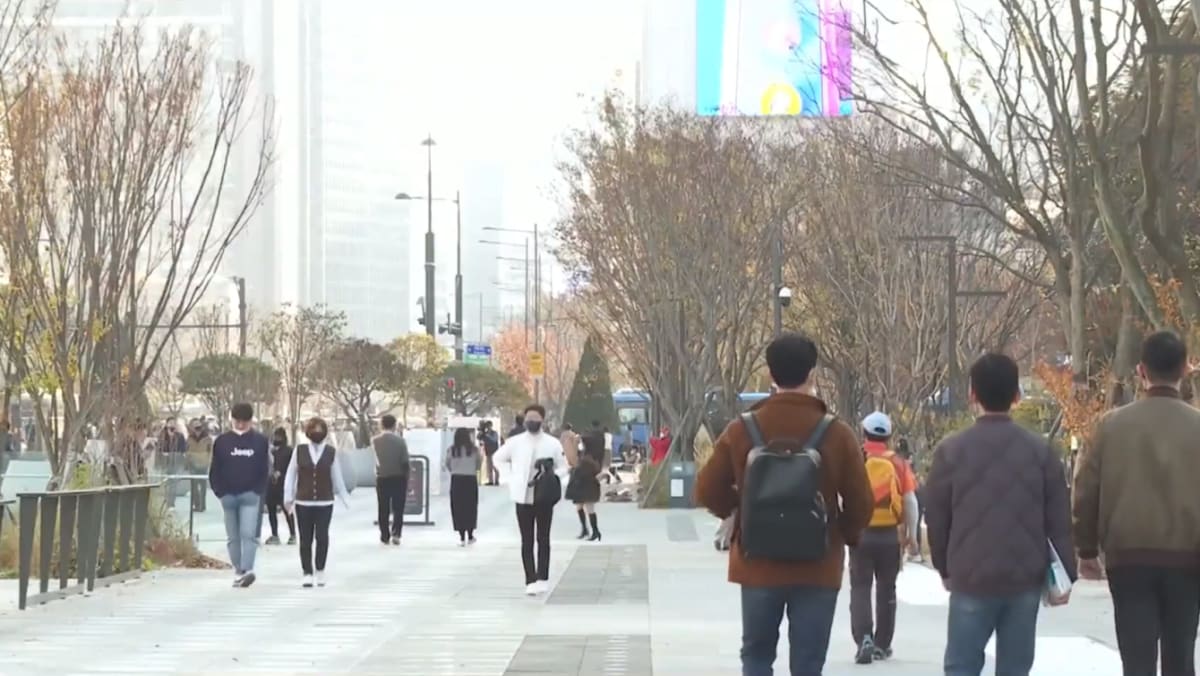
“In the case of South Korea, we used to put a lot of importance on tradition. In the past, funerals followed Confucian virtues, such as ancestor worship and filial piety. But now, the funeral culture has become simplified and convenient,” he said, adding that it will be further streamlined in the future.
Typically, funerals in South Korea last three days. Bereaved family members do not get any shut-eye during this period as one person always has to be awake and keep watch.
The reality of living and dying alone has become so entrenched in society that even some students as young as in their 20s have started thinking ahead about their funerals.
“I would go for a natural burial because this way, I won’t become a burden to others. And I can just leave without incurring any expenses when I die,” said mortuary science major Shim Jae-heon.
LIVING AND DYING SINGLE
The 24-year-old has no desire to get married as of now.
“I feel that I very much lack economic and other conditions and so I think it’s okay for me to live alone. I don’t like to ask people for favours and I prefer to do things on my own,” he said.
Mr Shim is not alone in the way he thinks.
Slightly more than 30 per cent of South Korea’s 52 million population are single and that appears unlikely to change as many in their 20s, 30s and 40s have said they have no plans to tie the knot or have children.
Combined with fears that South Korea’s birth rates – already the world’s lowest at 0.79 – could drop even further, there are concerns that the situation may be irreversible.
Many are also expected to be alone when they die, raising questions on who will take care of their funeral sites.
The number of Kodoksa – a Korean term meaning lonely death – has increased in recent years.
According to a report released earlier this year by the Welfare Ministry, there were about 3,378 lonely deaths in 2021, a 3 per cent increase from the 3,279 in 2020.
Over the past five years, the number of lonely deaths has grown at an average annual rate of about 8.8 percent.
THE RISE OF CREMATIONS
Among the solutions is cremation, which has risen in popularity in the last few decades. It is viewed as simpler to take care of than graves, with cemeteries usually far away from central Seoul.
That has also given rise to unconventional kinds of columbarium services.
